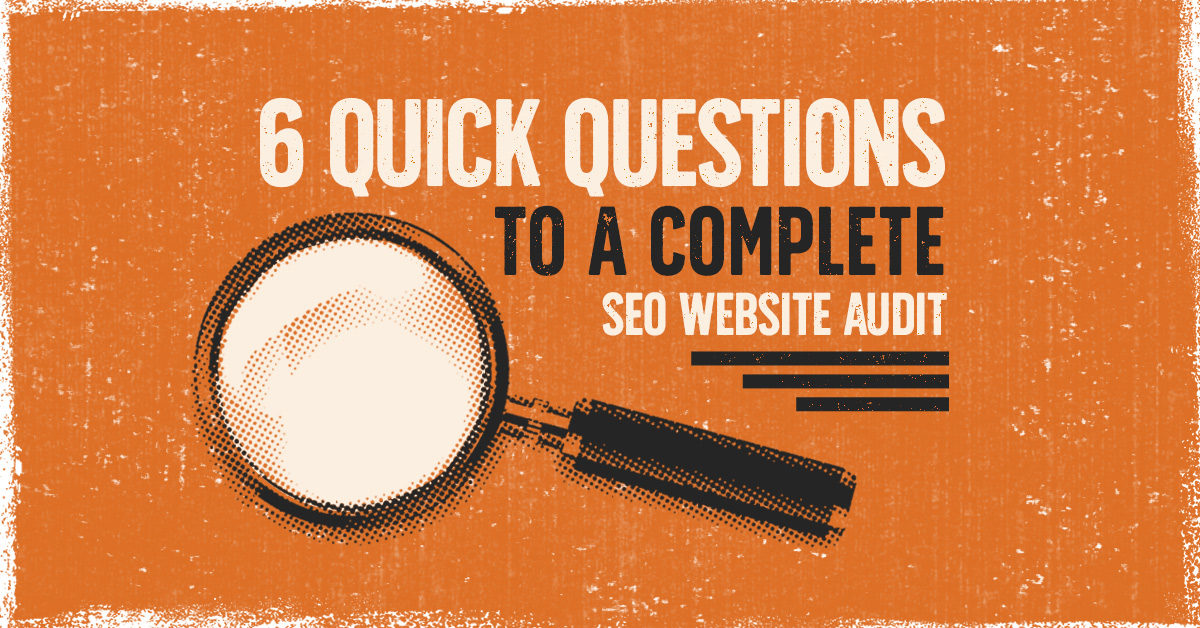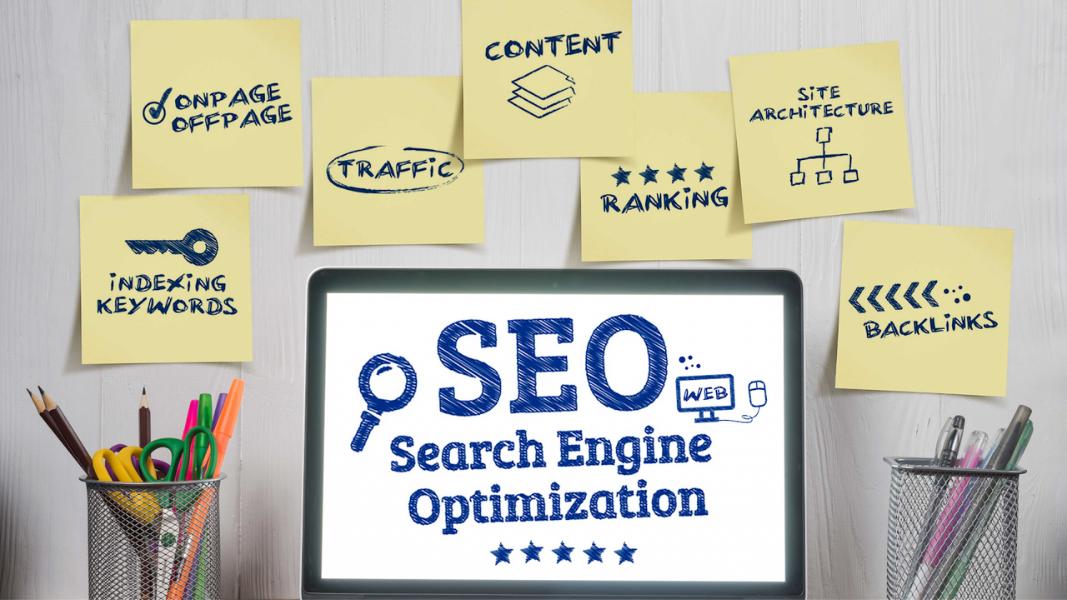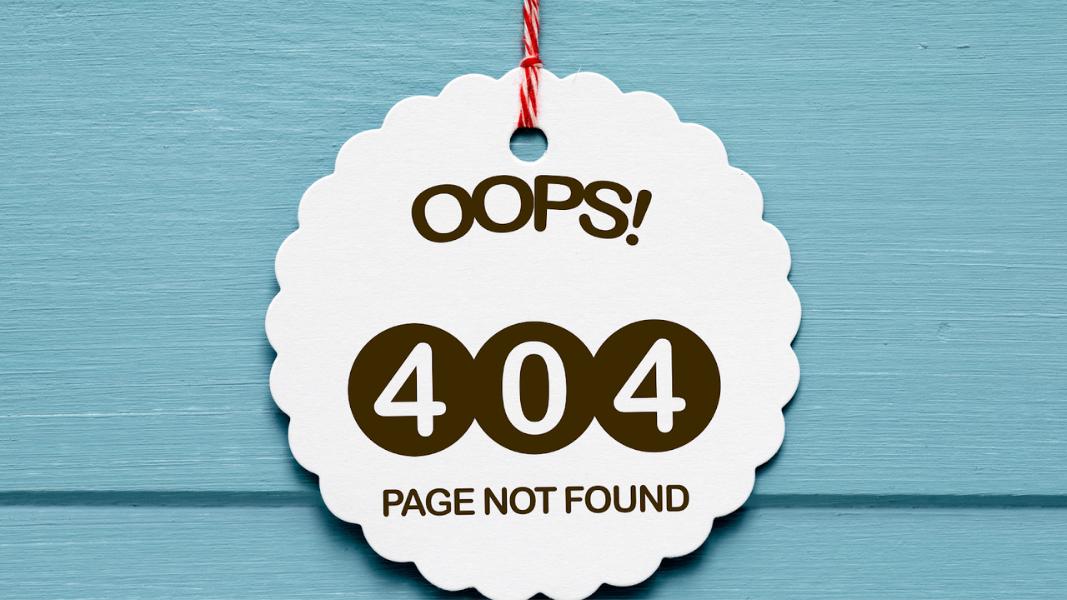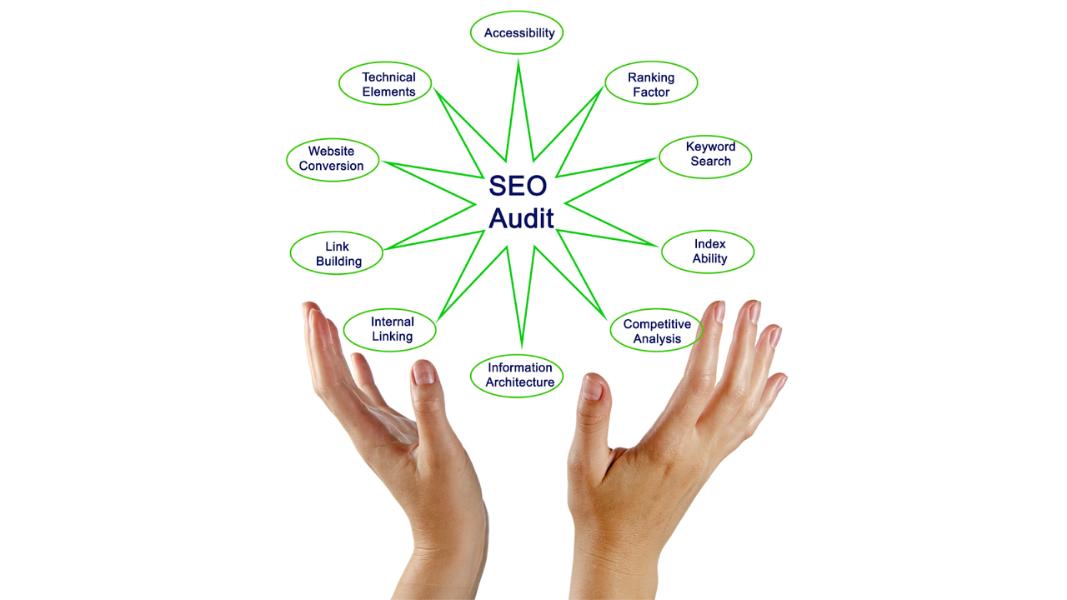
Ultimate Guide to a Complete SEO Website Audit
The essence of online business success hinges on the capacity of a brand to make its mark in the digital realm. For this, Search Engine Optimization (SEO) remains the critical cog in the mechanism, steering your audience to discover your website and interact with your brand. However, without strategic SEO optimization, your website may not reach its maximum potential, failing to draw the visitors you seek or the traffic you anticipate.
To ensure that your site is delivering optimal results, it’s crucial to perform a comprehensive SEO Website Audit. This extensive guide will delve into a detailed SEO Audit Checklist to assist you in gauging the current health of your website and outline steps to increase your search traffic.

Understanding the Need for SEO Audit
The Imperative of an SEO Website Audit
An SEO Website Audit serves as a thorough examination of your website’s on-page and off-page performance. An audit aims to identify technical issues, content gaps, on-page SEO shortcomings, and off-page opportunities that may impact your website’s visibility on search engines. This understanding allows you to address these areas, fine-tune your SEO campaign, and optimize your website for more traffic and better rankings.
Why is an SEO Audit Important?
The digital landscape is ever-evolving. To keep up with these changes and ensure your site remains competitive, a regular SEO audit becomes vital. These audits allow you to evaluate your site’s performance, discover any hidden technical issues that may be hindering your site’s performance, and understand how changes in search engine algorithms affect your website.
How to Perform a Comprehensive SEO Website Audit
Identifying Technical Issues Impacting Your SEO Performance
The first aspect to scrutinize while performing an SEO audit is your site’s technical health. It is crucial to address these technical issues to ensure your site is easily accessible and understandable for both users and search engines.

Page Load Time and Site Speed
A question that begs to be asked is – how long does it take for your website to load? Not just a wild guess, but the accurate load time. You can use a site audit tool to measure the load time, and the faster it is, the better. A page speed of one second or less is ideal, but anything longer than three seconds could negatively impact your site’s performance and user experience.
Mobile Usability
With the growing use of mobile devices for internet access, it’s vital to ensure your website is mobile-friendly. A Mobile Usability Report can provide insights into issues related to mobile access to your site. Issues like unplayable content blocked resources, and more can affect your site’s performance on mobile devices.

Broken Links and 404 Errors
Broken links or pages on your site can disrupt the user experience and may affect how search engines view your site. You can use an SEO Audit Tool to find broken pages and fix them. Also, check for 404 errors which may lead users and search engines to non-existent pages.

Duplicate Content and Meta Descriptions
Search engines may penalize your website for duplicate content, especially in meta descriptions. Be sure to check for any repeated information on your web pages and make changes where necessary.
Indexing
Finally, ensure that all your pages are being indexed in Google Search Console and other search engines. Unindexed pages will not appear in search results, decreasing your site’s visibility.

Keyword Analysis in your SEO Audit
Are You Focusing on the Right Keywords?
In SEO, keywords serve as the linchpin. They help you target your potential audience and rank better on the search engine results page. However, targeting the wrong keywords could lead you down a path of low conversions and high bounce rates.
Avoiding ‘Big’ Competitive Keywords
When adding new keywords to your list, one of the common pitfalls is to target highly competitive keywords. While these keywords may have high search volumes, they are also the hardest to rank for, especially for small business owners. Thus, you can end up spending a chunk of your resources without witnessing any tangible results. A smarter strategy is to focus on long-tail keywords or specific phrases with less competition and more potential for a high conversion rate.
Knowing Your Winning and Losing Keywords
Your SEO campaign would comprise various keywords, some outperforming others. Without tracking your keyword performance, it’s impossible to discern which ones are driving your organic traffic and which ones are lagging. Review the keywords you’re currently targeting, separate the winners from the losers, and then direct your efforts toward those keywords already bringing in results.

Competitor Analysis
Understanding your competitors’ SEO strategy can offer invaluable insights. By analyzing which keywords your competitors are ranking for, you can evaluate whether a particular keyword offers a significant opportunity for you or if it’s too competitive to pursue. Tools like Moz can be used to analyze your competitors’ domain authority and page authority, helping you make informed decisions about your keyword strategy.
On-Page SEO Audit
Is Every Page of Your Website Optimized?
Optimizing every page of your website for SEO is crucial to achieving a higher rank on search engine results. A detailed on-page SEO audit can ensure that your target keyword appears in all the right places. Ideally, the keyword should feature the following:
- URL
- Page titles
- Meta description
- Beginning of your content
- End of your content
- ALT tag of the first image
Further, an on-page SEO audit should also examine other critical elements like header tags, internal links, image optimization, and more.
Link Analysis
How Effective Are Your Links?
Link relevancy, link authority, and a diversity of backlinks are all crucial to your SEO efforts. The more relevant, high-quality backlinks you can get from unique domains, the better.
Internal Links
Internal links are links that connect your web pages. They help users navigate your website and allow search engines to crawl all the pages on your site efficiently. Check if your important pages have enough internal links pointing to them.
External Links
External links are links from your website to other sites. They provide additional information to your visitors and are an indicator of the quality of your content to search engines.

Backlink Profile
Your backlink profile refers to the sites that are linking back to your website. A diverse backlink profile with links from high-authority sites can significantly boost your SEO. Use an SEO checker to analyze your backlink profile and identify opportunities for improvement.

Leveraging SEO Audit Tools and Experts
This SEO audit checklist serves as the foundation of your SEO audit process, but there’s a multitude of other tasks and maintenance activities to improve your site’s performance. Leveraging SEO audit tools can streamline the audit process and provide actionable tips.
Working with an experienced partner or an SEO specialist can further help you rank better on Google and other search engines, enhancing your site’s visibility, increasing traffic, and generating new leads for your business.
Have questions about SEO or other optimization services? Feel free to contact our team of experts today!
Conclusion
In this rapidly changing digital landscape, performing regular SEO audits is a non-negotiable aspect of online success. An SEO Website Audit acts as a catalyst, ensuring your website stays on top of the ever-evolving SEO game, thereby driving sustainable organic traffic, improving conversions, and amplifying your online presence. So, whether you’re a seasoned digital marketer or a small business owner, incorporate an SEO audit into your regular routine to pave your way toward digital success.
Have questions about SEO or other optimization services? Contact our team of experts today
Paul Rakovich
Browse All PostsTell Us Your Goals
Recent Posts
- Google PMax: Get the Most Out of Your Ad Campaigns While Combating Fraud
- Lead Ads Don’t Have to Suck: How to Leverage Them Correctly
- Why More Expensive PPC Ads are Almost Always Worth It
- Unlock the Secrets of Organic CPA: The Ultimate Guide to Cost Per Acquisition
- Secrets We’ve Learned from Years Working with Paid Account Reps at Meta, TikTok, LinkedIn and Google


